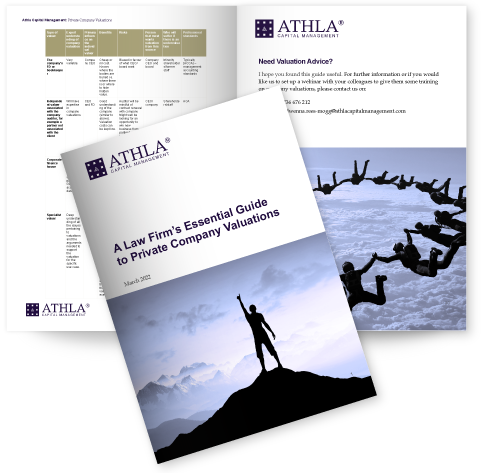How Articles of Association impact on valuations (part 4)
June 25, 2024

How restrictions on share classes impact on how each class is valued
In our final article in the series, it’s time to look at how restrictions on share classes impact on the valuation of each share class.
Restrictions take many forms including:
- Lack of voting rights
- Lack of information rights
- Lack of a right to attend a general meeting of shareholders.
- Lack of a right to a dividend.
- Lack of a right to a board seat.
There are no established conventions on what rights or restrictions a share class may have and so every situation is unique, but from a valuation perspective this is one of the most important things to consider.
We often see restrictions being imposed on share classes which are being used for employee and other staff incentive schemes, especially Growth shares.
The way to think about the issue is that the fewer rights a share class has to the other share classes the lower its share of value must be.
It can be very advantageous if you are setting up a new share class for share incentive schemes to denude the class of as many rights as possible, as this has the effect of reducing the class’s value even before such issues as minority influence impairments are applied.
The use of hurdles can also affect the value of a share class. For tax authorities to be convinced that a hurdle really does mean a share class is of lower value it must be hard to achieve. Beware of setting a hurdle close to, for example a current or recent funding round as this creates a non sequitur in terms of valuation!
If the hurdle is to all extents and purposes impossible to reach, by definition the shares are worth very little indeed. As one founder said to me after a recent growth share valuation exercise, “these shares really are not worth very much are they, given the risk that they will never flower.”


